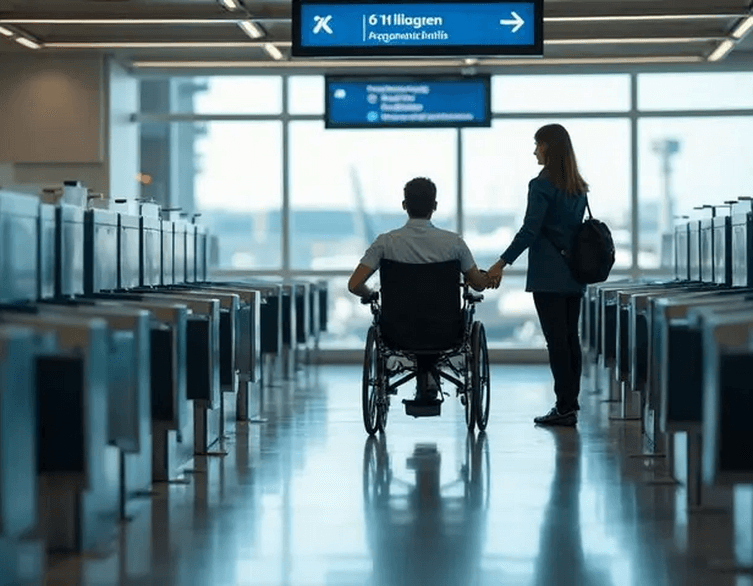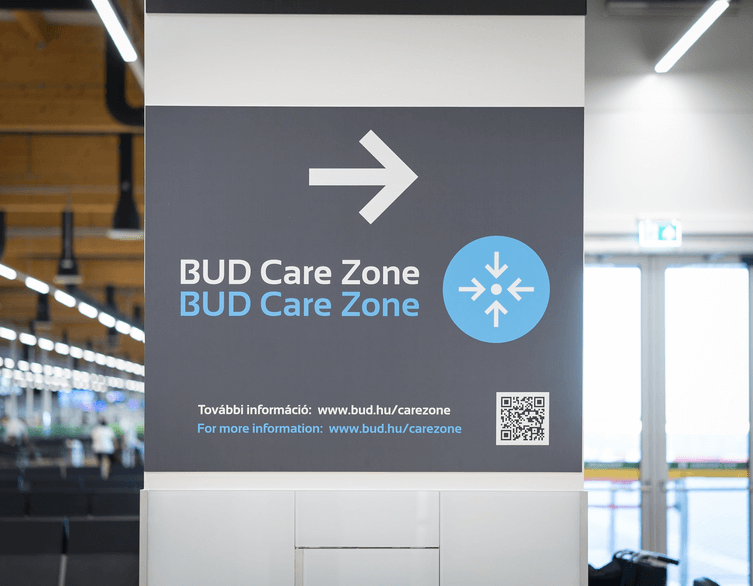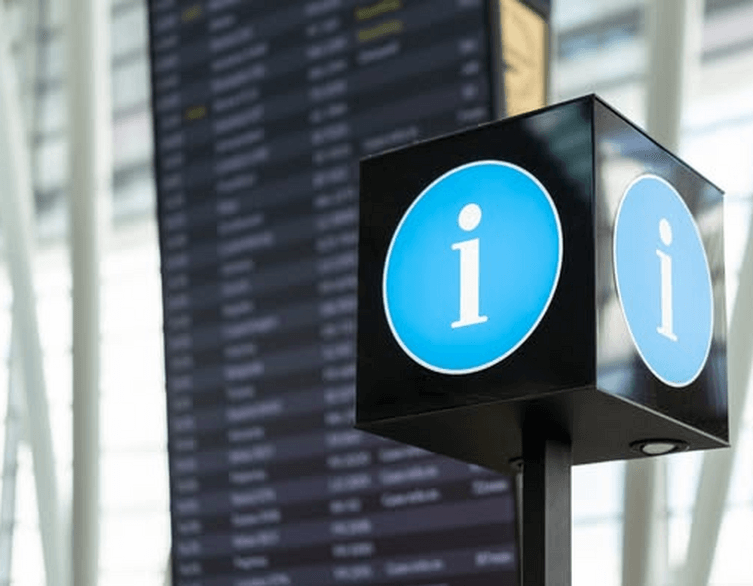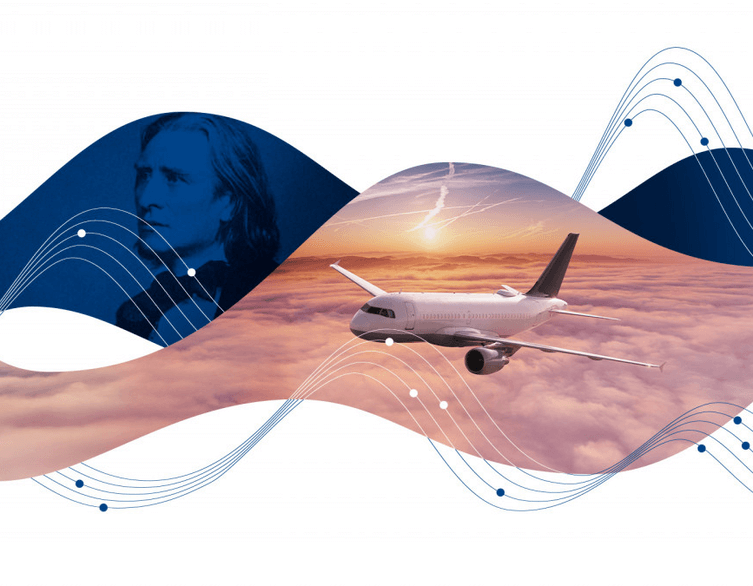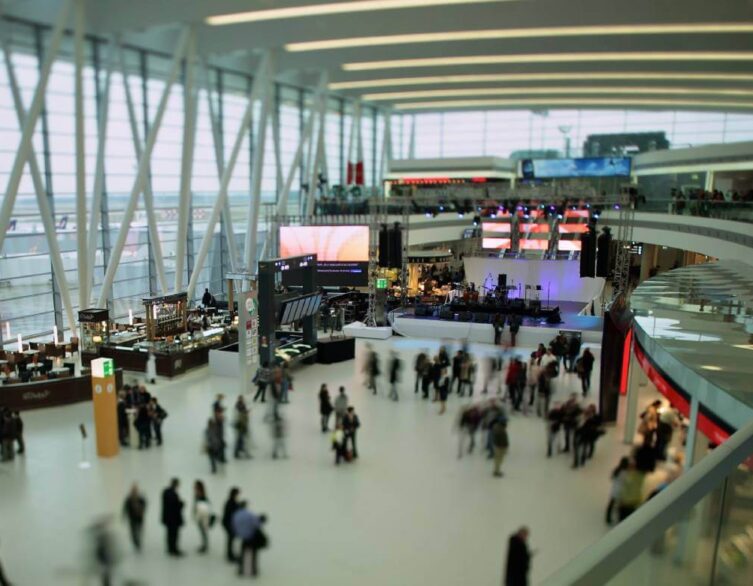Budapest Airport Makes Travel More Accessible and Comfortable For Passenger With Hidden Disabilities

Budapest Airport, the main international airport serving the Hungarian capital, has recently implemented several new services aimed at making travel more accessible and comfortable for all passengers, especially those with hidden disabilities and heightened sensitivities. These initiatives demonstrate the airport’s commitment to creating an inclusive environment that caters to the diverse needs of its travelers.
Joining the Hidden Disabilities Sunflower Program
One of the most significant steps taken by Budapest Airport is joining the globally recognized Hidden Disabilities Sunflower program. This initiative helps airport staff identify and assist passengers with hidden disabilities, such as autism, Crohn’s disease, or dyslexia, which may not be immediately apparent to others but can still require extra attention and support.
Under this program, passengers with hidden disabilities can wear a sunflower pin or lanyard to discreetly signal their condition to airport staff. The staff, in turn, have been trained to recognize the sunflower symbol and offer appropriate assistance, understanding, and patience to these travelers.
Passengers can indicate their need for special assistance, such as an escort by a healthcare professional, when purchasing their tickets. They can also request a sunflower lanyard at the airport’s information desk or totem if they require additional support during certain airport processes.
The Sensory Room
A Calming Space for Heightened Sensitivities In September, Budapest Airport took another significant step towards inclusivity by opening a sensory room near the children’s play area in Terminal 1. This dedicated space is designed to provide a calm and relaxing environment for passengers with autism or sensory processing disorders who may be particularly sensitive to external stimuli.
Best deals of Budapest
The sensory room offers a peaceful retreat from the bustling terminal, with carefully chosen furnishings, lighting, and sound insulation that promote a stress-free waiting experience before flights. This initiative recognizes the unique challenges faced by travelers with heightened sensitivities and aims to make their airport experience more comfortable and manageable.
Continuing Efforts Towards Accessibility
The introduction of the Hidden Disabilities Sunflower program and the sensory room are part of Budapest Airport’s ongoing efforts to improve accessibility for all passengers. In recent years, the airport has implemented various measures, such as enhancing accessibility features, installing tactile paving for blind and visually impaired travelers, and developing a dedicated app to assist them.
István Szabó, Deputy CEO for Passenger Services at Budapest Airport, emphasizes the importance of these initiatives, stating, “Joining the Sunflower program and opening the sensory room helps a significant portion of people, the community living with hidden disabilities, to make travel a real experience and relaxation for them as well.”
Encouraging Responsible Use of Facilities
Due to the limited capacity of the sensory room, Budapest Airport kindly requests that passengers only use this facility if they genuinely live with sensory processing disorders or disabilities that result in heightened sensitivity. This ensures that travelers with additional needs can access the appropriate environment for waiting. For those seeking a quiet space or needing to conduct a meeting before their flight, the airport also offers four soundproof quiet booths, each accommodating two people, which can be freely used by all passengers.
Conclusion
Budapest Airport’s new services, including the Hidden Disabilities Sunflower program and the sensory room, demonstrate the airport’s strong commitment to creating a more accessible and inclusive travel experience. By catering to the needs of passengers with hidden disabilities and heightened sensitivities, the airport sets an example for other transportation hubs worldwide. As Paul White, CEO of Hidden Disabilities Sunflower, notes, “Initiatives such as the new sensory room and the Sunflower make the airport more accessible for passengers with disabilities, whether traveling alone, with family, or in groups.”
Image source: Budapest Airport
Related news













